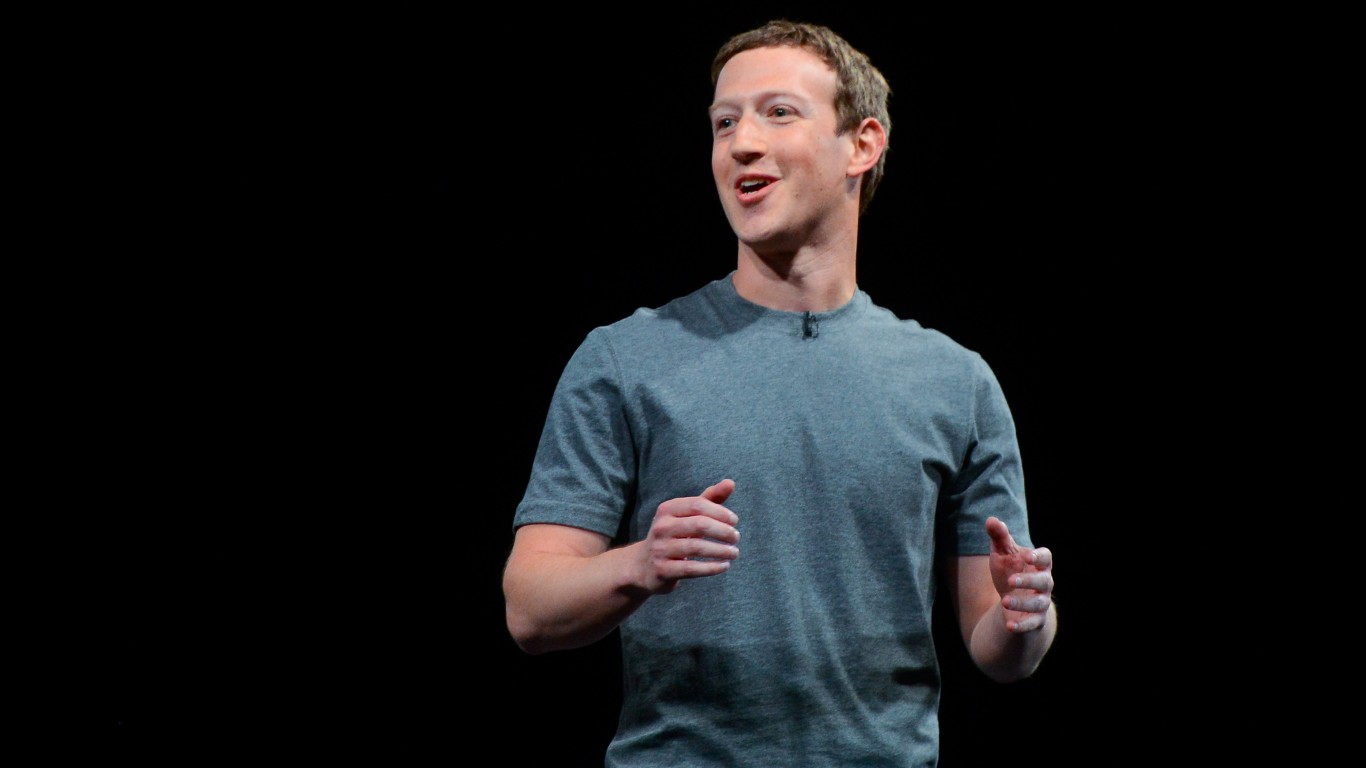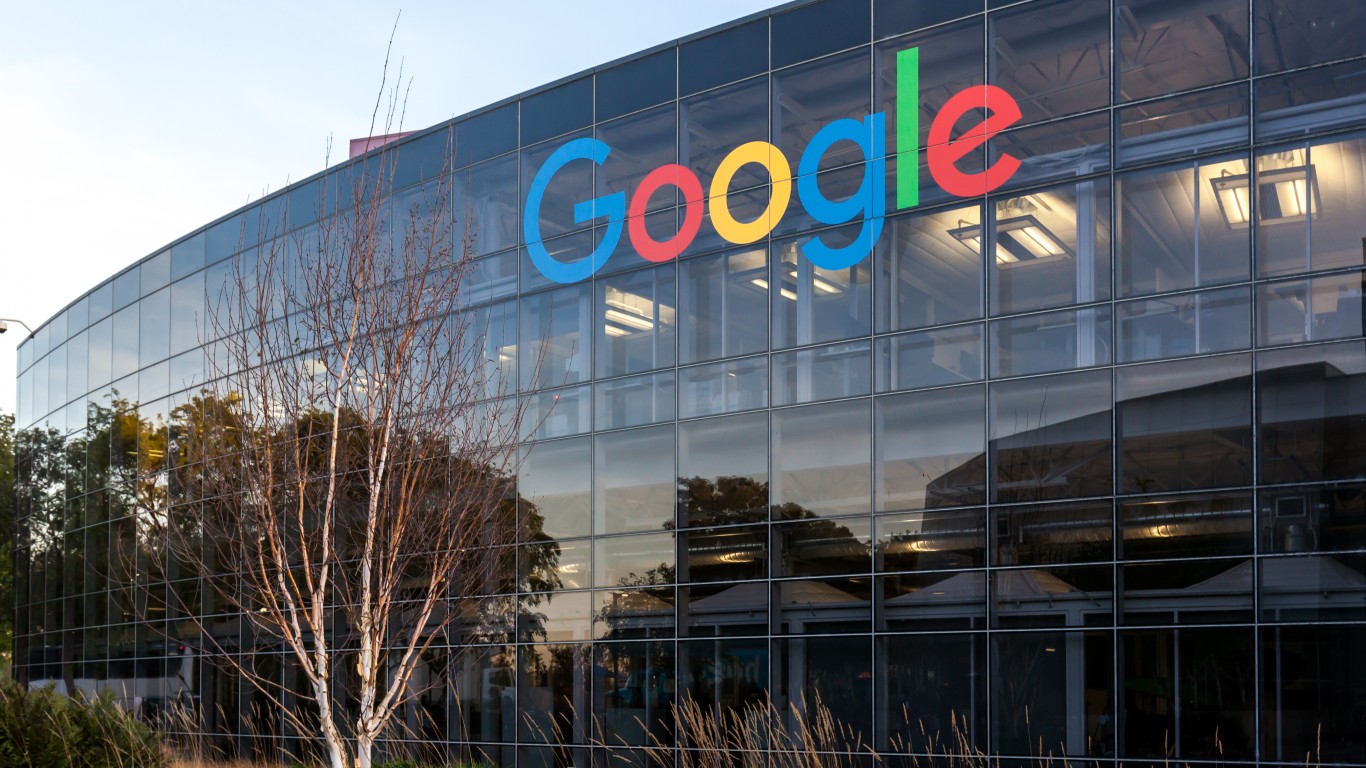 It would have been hard to imagine just a year ago that Microsoft’s (NASDAQ: MSFT) growth engine would be the phone business. It has turned out that the most exciting developments at the world’s largest software company are indeed there. Microsoft’s wireline and wireless phone operation could well drive revenue growth and new excitement about its stock.
It would have been hard to imagine just a year ago that Microsoft’s (NASDAQ: MSFT) growth engine would be the phone business. It has turned out that the most exciting developments at the world’s largest software company are indeed there. Microsoft’s wireline and wireless phone operation could well drive revenue growth and new excitement about its stock.
There have been several reports that handset companies will have to pay Microsoft license fees for their use of the Google (NASDAQ: GOOG) Android operating system. That is odd because Android is open source and should, therefore, be license free. But that is not the case. “Microsoft reportedly receives $5 every time HTC sells an Android phone, leading some observers to conclude that Microsoft makes more money from Android than its own Windows Phone 7 platform,” NetworkWorld reports. HTC recently reported that its earnings more than doubled last quarter and that it shipped 11 million smartphones.
Microsoft has precedent to get license fees for the intellectual property it says Android uses, particularly if HTC has already agreed to payments. Google does not seem to have countered the charges. It may want to avoid an expensive court fight it may well lose. It is better, the search company may think, to let Redmond pursue the many hardware companies, such as Motorola and Samsung, that rely on Android. Android has quickly become the largest wireless OS in the world. Microsoft can target hundreds of millions of handsets a year for license payments.
IP fees are not Microsoft’s only stake in the phone business. Many experts have said that the joint venture between Microsoft and Nokia (NYSE: NOK) will never yield success. That analysis neglects the fact that Nokia is still the largest handset company in the world with a third of the market. Most of Nokia’s new phones will run the Windows 7 mobile operating system. Microsoft will pay Nokia $1 billion to promote new products. The investment will almost certainly not end there. CEO Steve Ballmer is known as a stubborn executive who will use Microsoft’s huge cash balance to support his new products. Bing and the Xbox are proof of that. Microsoft could use its Nokia deal to buy its way into the handset market.
Finally, there is Skype. Microsoft must make the $8.5 billion buyout work or face more pressure from investors who have watched the company’s stock remain flat for a decade. A new joint venture to deliver video chat on Facebook with a Skype plug-in may not do much to get more adoption for the VoIP product. Less well-publicized efforts are likely to increase Skype’s sales. The product has become a larger and larger part of the smartphone software business. It is an inexpensive way to communicate among handsets. Microsoft also plans to integrate Skype into products it sells to enterprises as well as individuals. Skype will become part of the communications platforms that Microsoft has created with Outlook and its own enterprise chat products.
Windows sales have been eroded by cloud-based products. That will probably continue. Microsoft has become a telco, and that should be its way to more than offset low growth in its legacy businesses.
Douglas A. McIntyre
Essential Tips for Investing: Sponsored
A financial advisor can help you understand the advantages and disadvantages of investment properties. Finding a qualified financial advisor doesn’t have to be hard. SmartAsset’s free tool matches you with up to three financial advisors who serve your area, and you can interview your advisor matches at no cost to decide which one is right for you. If you’re ready to find an advisor who can help you achieve your financial goals, get started now.
Investing in real estate can diversify your portfolio. But expanding your horizons may add additional costs. If you’re an investor looking to minimize expenses, consider checking out online brokerages. They often offer low investment fees, helping you maximize your profit.
Thank you for reading! Have some feedback for us?
Contact the 24/7 Wall St. editorial team.



